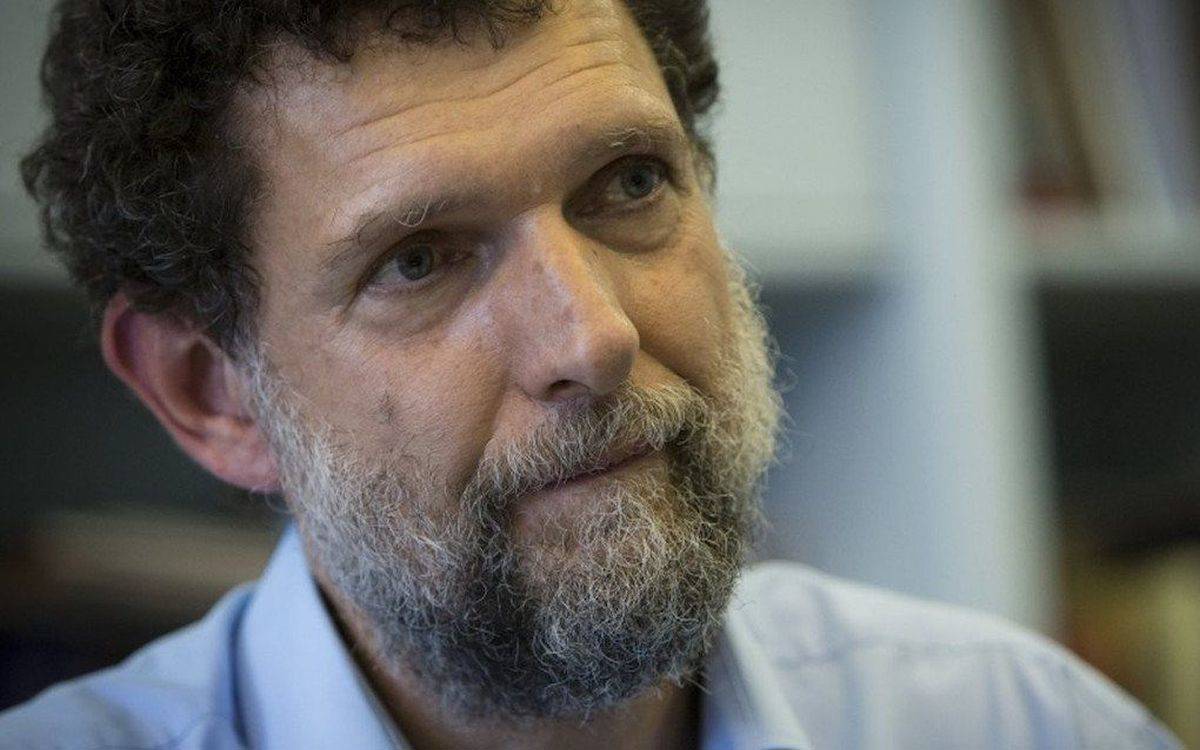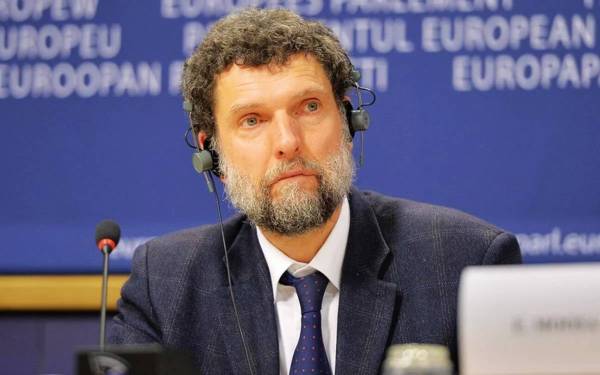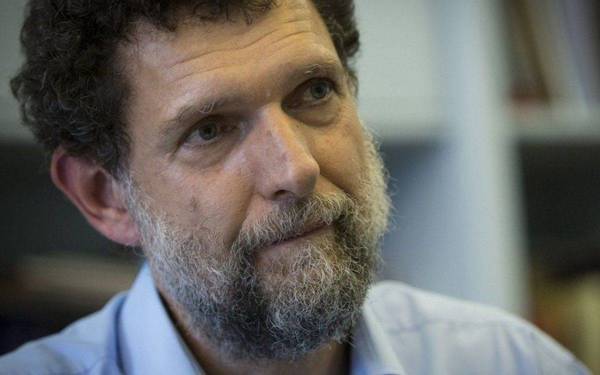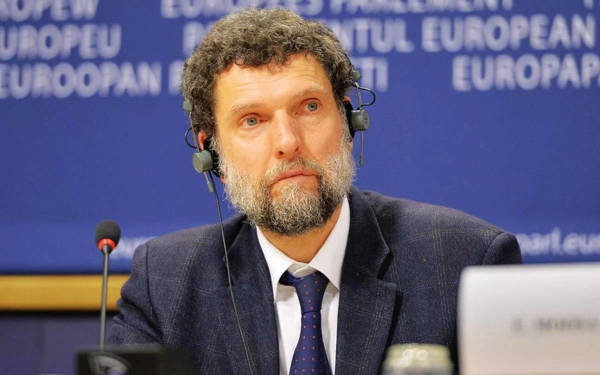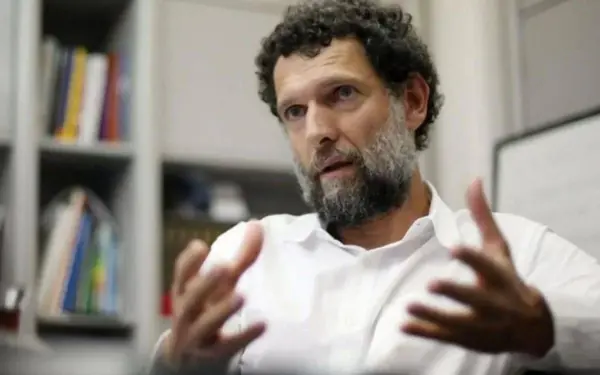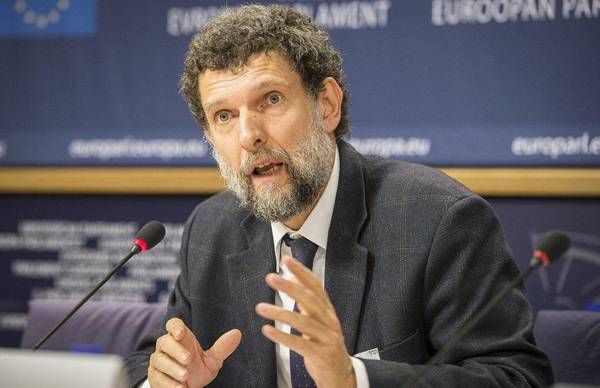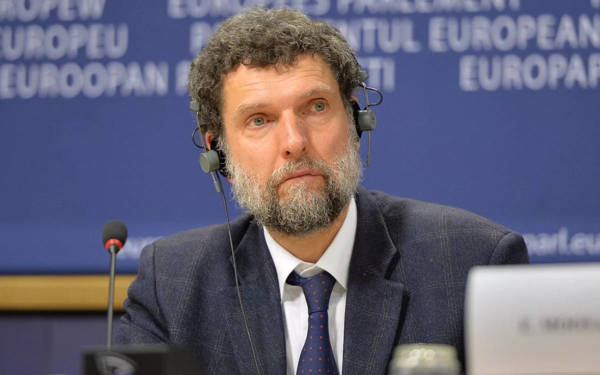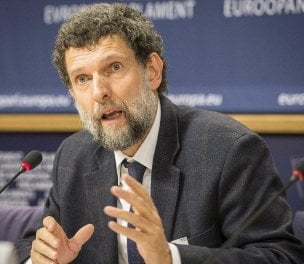Osman Kavala, a philanthropist serving an aggravated life sentence for “attempting to overthrow the government,” has responded to the recent discussions about his potential retrial.
In a statement through his attorneys, Kavala emphasized that under certain conditions, a retrial is necessary to uphold the fundamental principles of law and respect for human rights. "Justice is essential for everyone. The life and rights of every citizen are equally valuable,” he said.
Kavala was put behind bars in 2017, and Turkish courts defied a 2019 European Court of Human Rights (ECtHR) decision for his release. In 2022, he was found guilty of organizing and financing the countrywide anti-government protests in 2013, also known as the Gezi Park protests, in what is widely regarded as a bogus ruling, leading to the life sentence.
The public debate about Kavala’s possible retrial emerged amid a shift in the country’s political atmosphere following the March 31 local elections, where the Justice and Development Party (AKP) suffered its most significant loss in its 22-year rule. President and AKP leader Recep Tayyip Erdoğan declared a “period of detente” after the elections, and met with Özgür Özel, leader of the Republican People’s Party (CHP), in what was his first meeting with the head of the main opposition party in eight years.
Discussions about Kavala’s possible retrial gained momentum after the May 2 meeting, with Özel saying, without mentioning specific names, ECtHR and Constitutional Court rulings should be implemented and “a way must be found to escape this ordeal."
The response from the ruling bloc was mixed. AKP deputy Tuğrul Türkeş, who also chairs the Turkish Delegation to PACE, supported Özel's view. However, Nationalist Movement PArty (MHP) leader Devlet Bahçeli criticized Özel during a party meeting, asserting that Özel should have confronted European officials about their alleged support for “terrorists.”
The debate over a retrial aligns with the international organizations’ call for justice, as groups like Amnesty International and Human Rights Watch have criticized the fairness of the trial and the upholding of Kavala's life sentence by Turkey's Court of Cassation. These organizations, along with the ECtHR, have repeatedly called for Kavala's release, citing a lack of evidence and the political nature of the trial.
Osman Kavala's trial
Businessperson and rights defender Osman Kavala was detained on October 18, 2017, in an investigation into the 2013 Gezi Park protests. He was arrested on November 1 and placed in the Marmara (Silivri) Prison.
The justification for his arrest was his alleged attempt to 'overthrow the government' in the context of the Gezi protests and his alleged attempt to 'overthrow the constitutional order' in the context of the July 15 coup attempt.
He was acquitted in the Gezi Trial on February 18, 2020. However, he was not released. On the day of his acquittal, he was re-arrested on charges of attempting to 'overthrow the constitutional order.’ On March 9, 2020, he was arrested again under the same trial, this time on charges of 'political or military espionage'.
The acquittal decision in the Gezi trial was overturned, and he was retried. On April 25, 2022, he was sentenced to aggravated life imprisonment for 'attempting to overthrow the government'. The appeals court upheld the decision.
Meanwhile, the European Court of Human Rights (ECtHR), in its decision of December 10, 2019, determined that Osman Kavala's detention was arbitrary and based on political motives. Therefore, it ruled that Osman Kavala should be released immediately.
Due to Osman Kavala not being released in accordance with this decision, the Committee of Ministers of the Council of Europe initiated a 'violation procedure' against Turkey.
In its decision on July 11, 2022, the ECtHR Grand Chamber ruled that "[the decision of December 10, 2019] regarding Kavala, which found a violation of Article 5 in connection with Article 18 of the ECtHR, would render any action based on accusations related to the Gezi Park events and the coup attempt null and void."
However, courts ignored and did not implement the legally binding nature of these two decisions.
(HA/VK)





